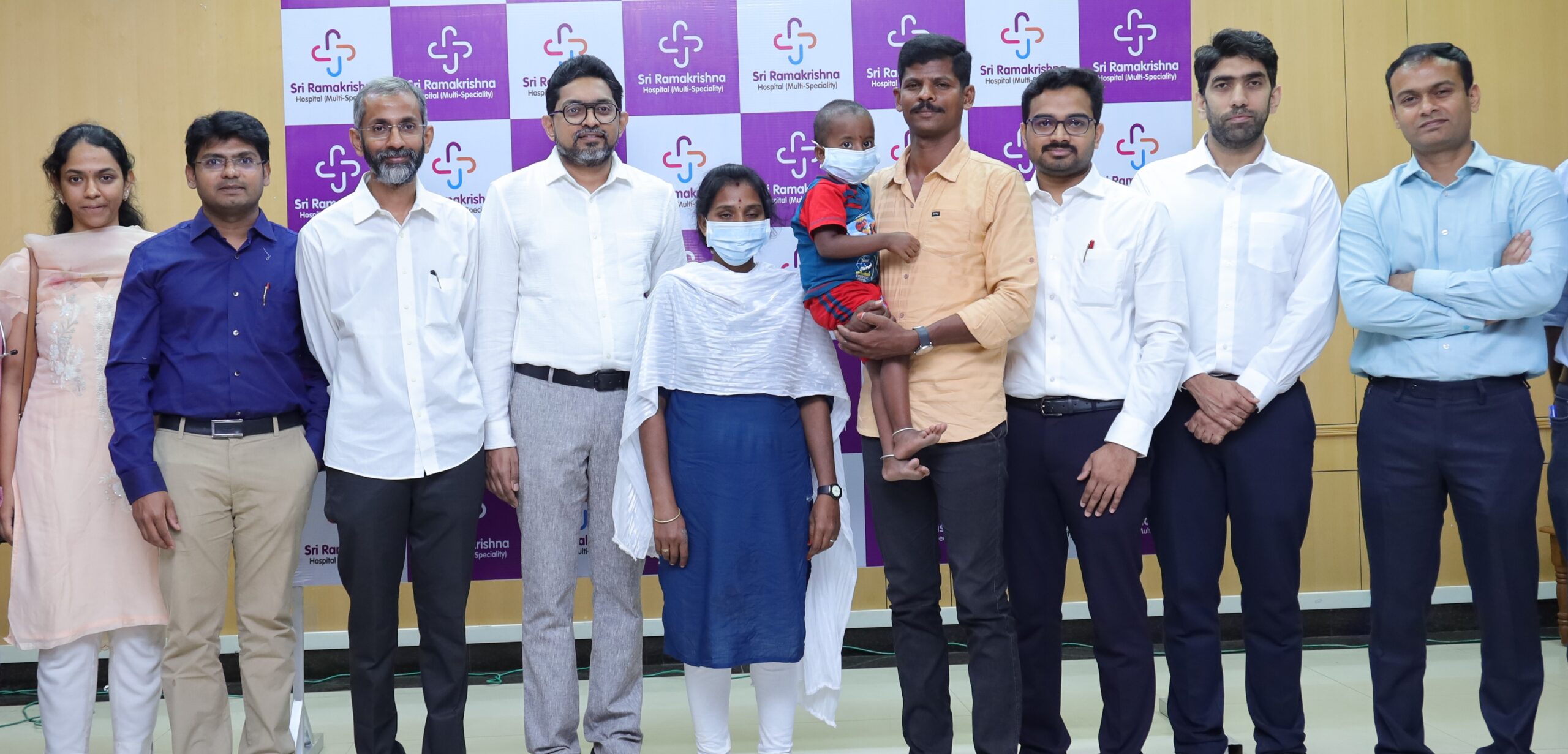Trending Now
- 830 voters names go missing in Kavundampalayam constituency
- If BJP comes to power we shall consider bringing back electoral bonds: Nirmala Sitaraman
- Monitoring at check posts between Kerala and TN intensified as bird flu gets virulent in Kerala
Coimbatore
Dengue: symptoms, prevention and care
![]() November 8, 2019
November 8, 2019
Dengue can be prevented by not allowing water to stagnate, use mosquito nets and repellents, immediately report fever to doctors instead of quacks and drink plenty of fluids.
Dengue, an epidemic disease caused by the bite of mosquitoes infected by Aedes Egypti virus has caused nearly 3,000 deaths in Tamil Nadu this year.
Dr. P Sivaprakasam, anaesthesiologist at Gem Hospitals Coimbatore, tells The Covai Post, “These mosquitoes are prevalent only in day time and not at night. They breed in fresh water during rains, stagnating in puddles on roads, inside old tyres, broken coconut shells, wall crevices, stone pestle and mortars and water storage tanks whose lids are not closed properly. Mosquitoes breed rampantly here and when they bite a dengue infected patient, they become carriers. The next person these mosquitoes bite will be affected.”
What are the symptoms? “Severe body and joint pain, headache with fever and reddish suffused eyes are the first symptoms. Dengue will not respond to any antibiotic medicines, you have to give analgesics and supportive antibiotics with adequate fluids. If treated early it will subside,” says Dr. Sivaprakasam.
There are three types of dengue. Dr. Sivaprakasam explains, “Ordinary dengue can be treated in the outpatient department, with some analgesics like paracetamol tablets and oral fluids. You should never go to quacks for this. The second type is the dengue haemorrhaging fever. The body will get purplish spots followed by blood in urine and stools. This is advanced stage and he has to be admitted in hospital. The white blood corpuscle (WBC) and platelet count will go down in any viral fever but in severe dengue it will be only 10,000, when the normal count in blood should be 1.5 lakhs to 4 lakhs.”
Such patients will need temporary platelet or blood transfusion. “If you ignore that, then the patient goes to third stage of dengue or dengue septic shock. This stage is advanced where they will need ICU care. Patients may get hypotension or blood pressure decreasing with urinal and stool bleeding slowly affecting organs like the kidney. Renal malfunctions could then lead to cardiac problems and possible death,” warns Dr. Sivaprakasam.
Such patients should be treated with medicines and herbal concoctions like Neelavembu Kudineer, papaya leaf extracts and pomegranate juice and water. “Late chief minister J. Jayalalithaa had inaugurated the Neelavembu Kudineer Thanni scheme in all government and private hospitals during epidemic situations of dengue. When I was the Resident Medical Officer (RMO) in Coimbatore GH from 2008-2013, we were giving this concoction regularly. We also instituted barrier nursing for dengue and detected the first HINI case in Tamil Nadu. The Neelavembu scheme has not yet started this year.”
How to prevent dengue?
“Simple! prevention is better than cure or ‘varrummun kaapom’. Don’t allow water to stagnate, use mosquito nets and repellents, immediately report fever to doctors instead of quacks and drink plenty of fluids. Even today I had 20 viral fever cases at my weekend clinic in Edappady, Salem, of which some could be dengue. So dengue can be prevented with proper care of health and surroundings,” concludes Dr. Sivaprakasam.























